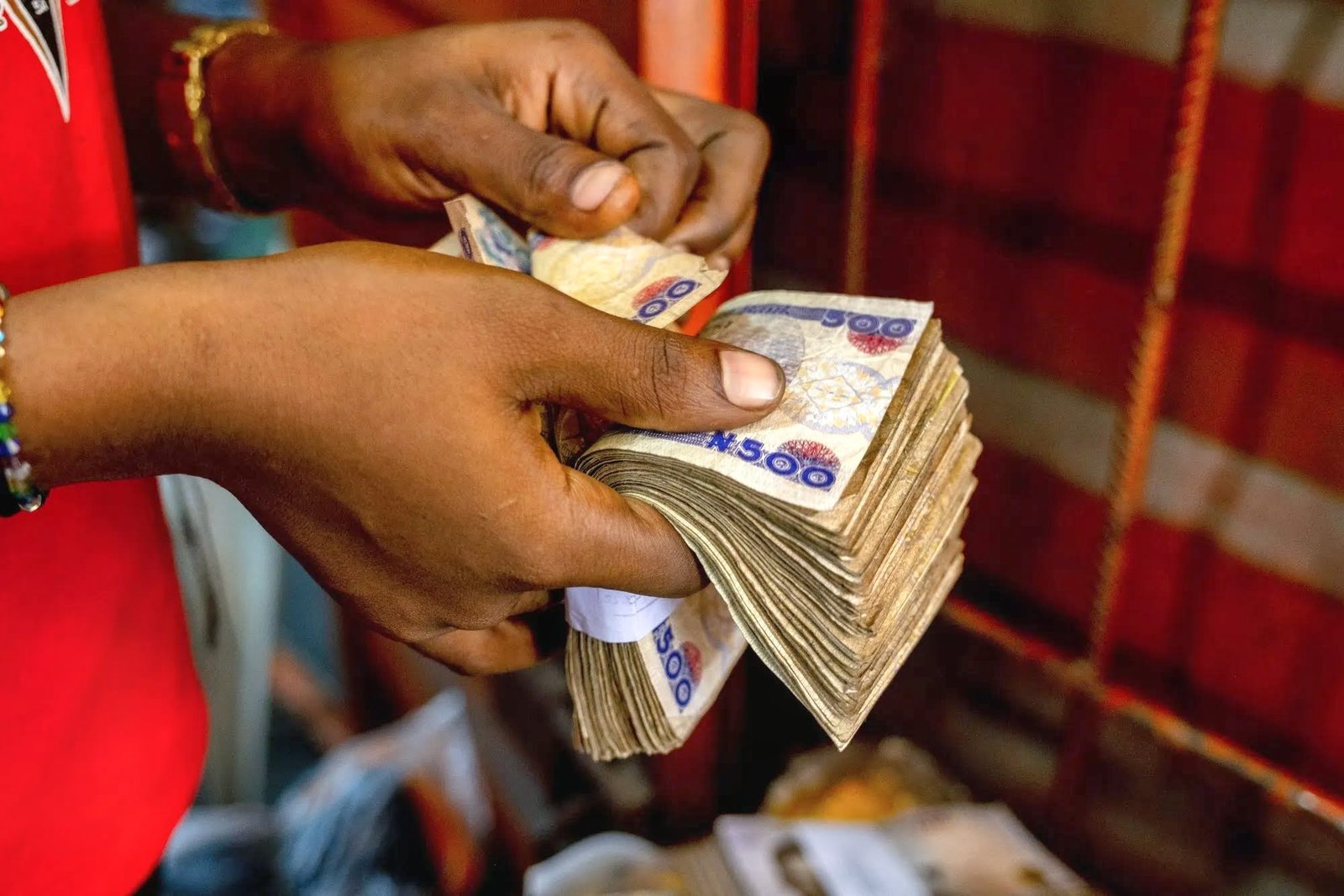The Cash Economy Still Dominates Nigeria’s Informal Sector
Despite an explosion in fintech activity, Nigeria’s informal businesses still run on cash. According to the Moniepoint Informal Economy Report 2025, 54% of informal businesses now accept some form of digital payment, but 1 in 4 say digital transactions account for less than 10% of their total revenue.
Cash remains deeply ingrained in Nigeria’s informal economy — from market stalls in Lagos to corner shops in Kano — because it is immediate, trusted, and tangible. While transfers are increasingly popular, especially for larger transactions, small merchants say cash is simpler, faster, and free from network disruptions.
Why Cash Still Rules Despite the Fintech Boom
Nigeria’s fintech sector has seen unprecedented growth, with players like Moniepoint, OPay, and PalmPay transforming how small businesses can accept payments. Yet, the Moniepoint report shows that cash’s dominance persists due to a mix of economic and structural realities.
Cost of Going Digital
Many business owners find digital adoption expensive. Between the high cost of POS terminals, unstable electricity supply, and poor internet connections, maintaining digital payment options can outweigh the benefits for traders whose average daily revenues are below ₦20,000.
Transaction Failures and Mistrust
Frequent failed transfers, delayed settlements, and network downtime have eroded trust in digital systems. Informal traders, who depend on rapid turnover and daily liquidity, prefer cash to avoid the uncertainty of electronic payments.
Customer Preferences
Customers themselves often prefer paying in cash. Many lack confidence in digital systems or simply find it easier to use cash for small transactions. The cultural inertia around physical money remains powerful, even in urban centers.
Transfers Are Rising, But Card Payments Lag Behind
While cash dominates sales, informal businesses are increasingly using bank transfers when buying goods from wholesalers or formal suppliers. For these higher-value transactions, digital payments are safer and more convenient than carrying large sums of cash.
However, card payments remain rare. Many businesses lack POS terminals or find transaction fees discouraging. According to the report, preference for cash and difficulty procuring POS machines were cited as top reasons for not accepting card payments.
Only 16% of informal businesses say digital payments account for more than half of their total revenue, highlighting the slow but steady nature of Nigeria’s digital transition.
Inside Nigeria’s Love–Hate Relationship with Digital Money
Moniepoint’s 2025 report underscores a paradox: while fintech innovation has reached the grassroots, financial habits haven’t kept pace. Digital inclusion has improved — more traders now own smartphones and bank accounts — but consistent use of digital channels for daily transactions remains limited.
The report suggests that the path to a cashless economy lies not only in expanding digital infrastructure but also in building trust and reliability. Traders will only abandon cash when digital systems offer the same certainty and immediacy they rely on daily.
The Road Ahead for Fintech Inclusion
For Nigeria’s digital payment revolution to reach every corner of its economy, fintech companies and policymakers must tackle the real barriers — affordability, trust, and power reliability.
Efforts like Moniepoint’s partnerships with government agencies and its simplified tools for micro-merchants show progress, but systemic reforms remain essential. Until transaction reliability, network uptime, and consumer protection improve, cash will continue to dominate the country’s ₦250,000-per-month informal economy.
When Cash Meets Code
Nigeria’s informal economy reveals a dual truth: fintech adoption is growing, but cash still powers everyday trade. The shift to digital money will be evolutionary, not revolutionary.
For millions of small businesses, cash isn’t just a medium of exchange — it’s a safety net. Digital payments promise speed and convenience, but only when they work as reliably as cash will the balance finally tilt toward a truly cashless Nigeria.

